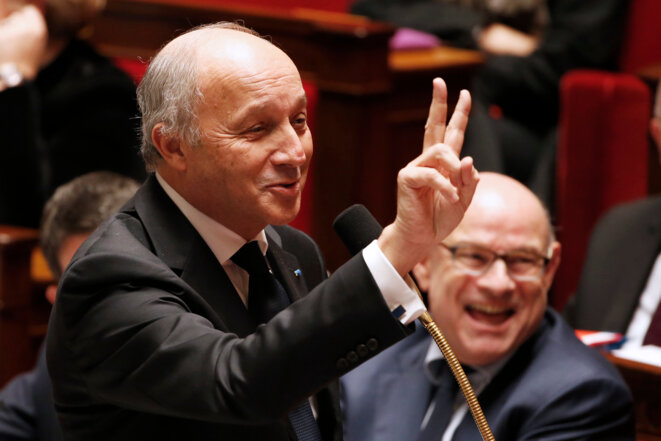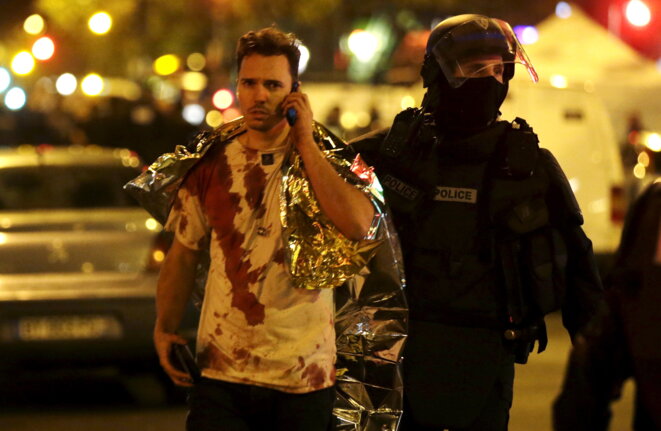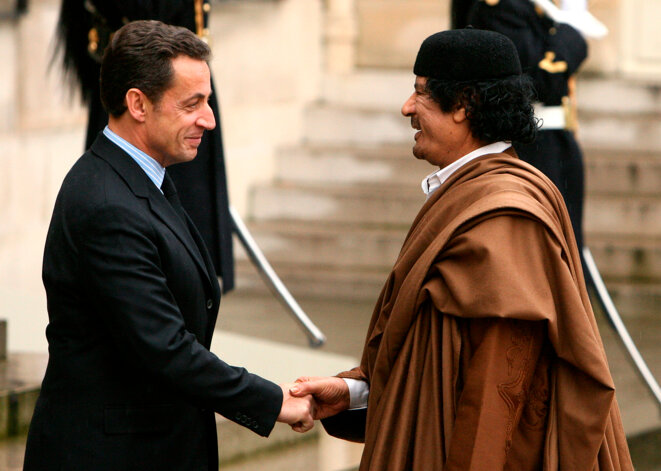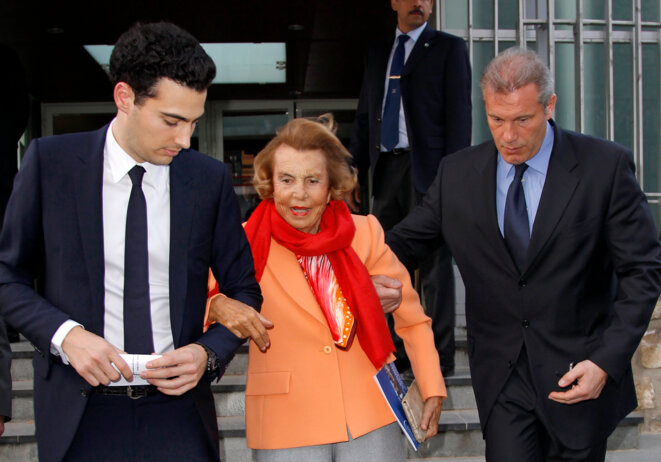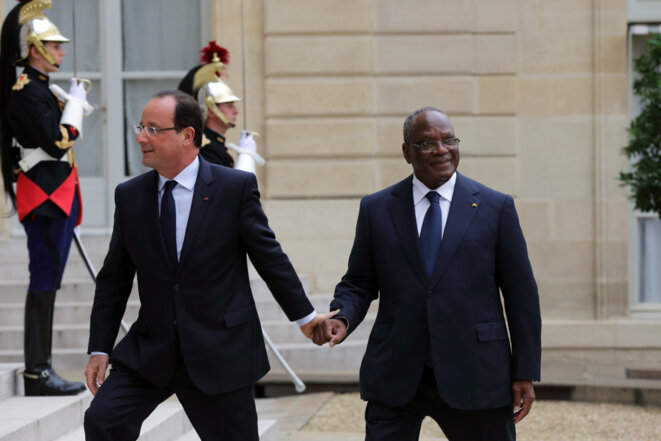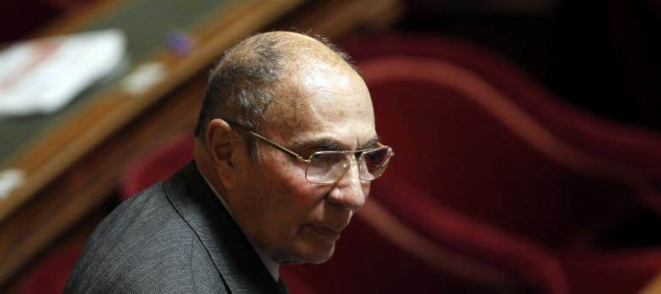Fabrice Arfi
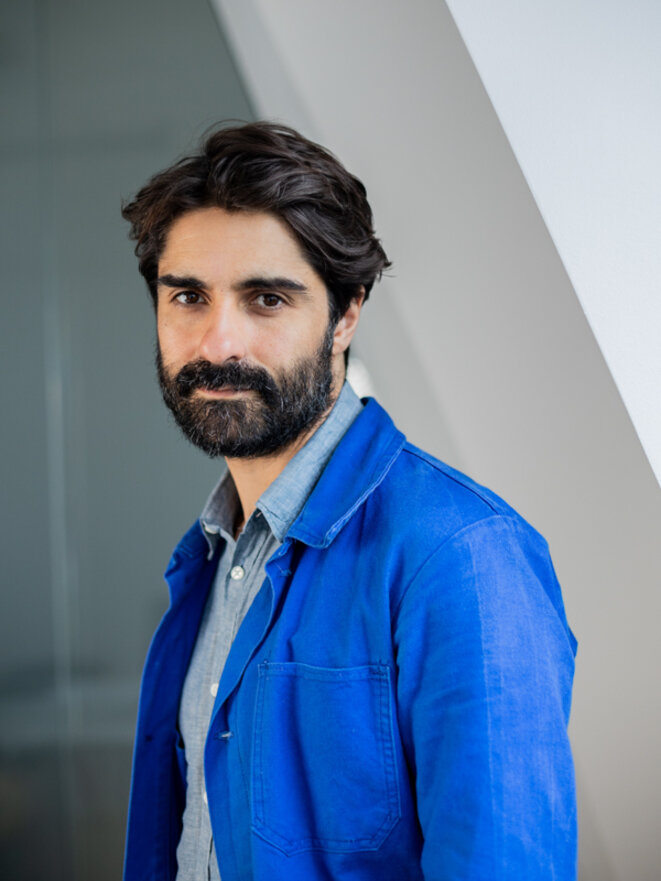
Co-responsable des enquêtes à Mediapart avec Michaël Hajdenberg.
#Presse Ancien reporter à Lyon Figaro (1999-2004), à 20 Minutes (2004-2005), co-fondateur de l'hebdomadaire Tribune de Lyon (2005-2007), j'ai également collaboré à l'AFP, au Monde, à Libération, au Parisien/Aujourd'hui en France, au Canard enchaîné...
#Livres Je suis l'auteur (ou co-auteur) de plusieurs ouvrages : La Troisième Vie (Seuil), Pas tirés d'affaires (Seuil), D'argent et de sang (Seuil), Avec les compliments du Guide (avec Karl Laske, chez Fayard), Le Sens des Affaires (Calmann-Lévy), Le Contrat (avec Fabrice Lhomme, chez Stock), L'Affaire Bettencourt, un scandale d'Etat (avec Fabrice Lhomme et la rédaction de Mediapart, chez Don Quichotte), L'Affaire Cahuzac, en bloc et en détail (avec la rédaction de Mediapart, chez Don Quichotte), La République sur écoute (avec la rédaction de Mediapart, chez Don Quichotte). J'ai également co-dirigé avec Paul Moreira l'ouvrage collectif Informer n'est pas un délit (Calmann-Lévy).
#Bande dessinée Je suis le co-auteur avec Benoît Collombat, Michel Despratx, Elodie Guéguen et Geoffrey Le Guilcher de la BD Sarkozy-Kadhafi, des billets et des bombes (La Revue dessinée/Delcourt), dessinée par Thierry Chavant.
#Film Je suis le co-auteur avec Jean-Christophe Klotz d'un documentaire sur l'affaire Karachi, L'argent, le sang et la démocratie, qui a reçu en 2014 le Grand Prix et le Prix du Public du Festival international du Grand Reportage d'Actualité (FIGRA). Co-auteur de la série D’argent et de Sang, adaptée du livre éponyme et réalisée par Xavier Giannoli. Co-auteur du documentaire de cinéma Personne n’y comprend rien, sur l’affaire Sarkozy-Kadhafi.
Declaration of interest
In the interest of transparency towards its readers, Mediapart’s journalists fill out and make public since 2018 a declaration of interests on the model of the one filled out by members of parliament and senior civil servants with the High Authority for Transparency and Public Life (HATVP), a body created in 2014 after Mediapart’s revelations on the Cahuzac affair.
All his articles
All his blog posts
The Mediapart Club
Join the discussion
Mediapart’s journalists also use their blogs, and participate in their own name to this space of debates, by confiding behind the scenes of investigations or reports, doubts or personal reactions to the news.

Mediapart Journalist
32 Posts
0 Editions



